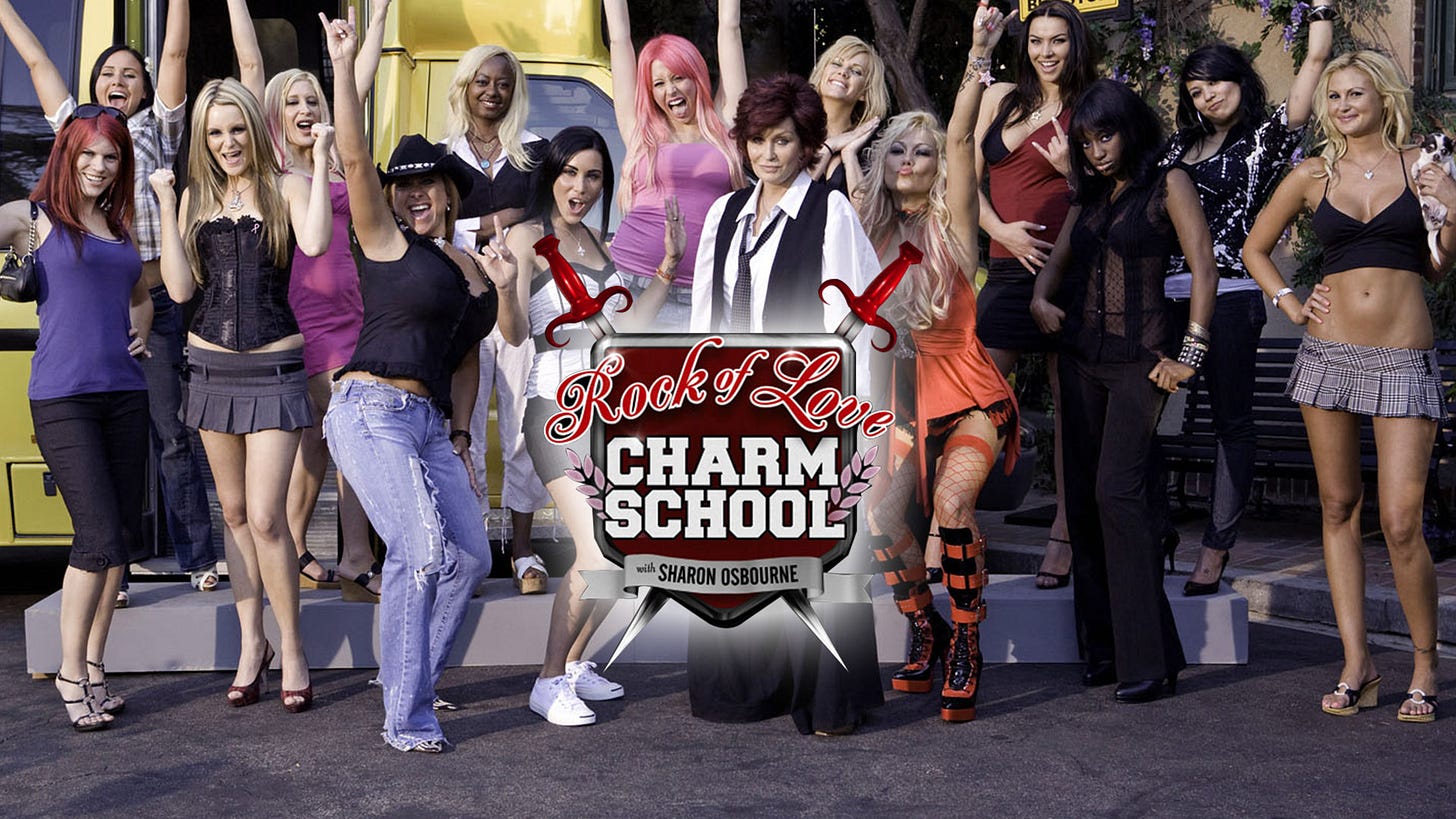One big reason I’m so interested in exploring this intersection of unscripted television and game design is because reality shows are so game-like already: They’re closed simulations set in constructed realities with sets of rules that allow narrative to emerge.
In many cases, though, reality shows are games: Contestants are playing with or against each other to be the last one standing, to win a prize – usually money, but often some other distinction. Lots of contemporary reality shows are effectively an influencer pipeline from which telegenic people knowingly launch their online brands. For example, the couple that wins Love Island shares £50k, but it’s Britain’s favorite girl that generally signs that coveted contract with fashion brand Pretty Little Thing – an implicit congeniality prize outside the context of the show’s rules.
Within a competition show, the challenge is the lynchpin of its gameplay, occupying one or more of the following roles:
They shift the balance of power in the game. Contestants can earn advantages and be stuck with disadvantages, e.g: If the person you’re planning to vote out wins immunity, suddenly you have to re-strategize; the three last-place contestants are up for elimination by the rest of the group.
They act as a dice-roll. Reality shows are unscripted, but that doesn’t mean they are unplanned from a narrative perspective. Challenges add drama and spontaneity to storylines that feel linear – the way dice rolls act in a tabletop roleplay campaign that follows a book, but nonetheless has room for improvisation.
They raise stakes. Usually something is at risk in the challenges: a prize pot may be increased or increased, or major competitive advantage items are up for grabs. Contestants almost always come away from the challenges with an increased sense of what needs to be done to secure their position, or an enhanced sense of vulnerability.
They disrupt relationships. Competition reality shows commonly use game mechanics that depend on interpersonal relationships and trust. Contestants form teams both formally (e.g. Survivor ‘tribes’) and informally (‘alliances’, often secret), and good challenges test these bonds in narratively interesting ways. Love Island is troublingly good at this, implementing challenges that demand e.g. couple-swapping kisses at times relationships are most fragile with jealousy.
They reveal character. Good reality shows implement challenges that invite contestants to show off their natural abilities and personalities, and that surprise expectations by requiring a variety of different skills under pressure.
In the old Y2Ks heyday of VH1 reality shows, it was common to see programs that were pretty much only “challenge x character” formula: Like Charm School, where Mo’Nique and Sharon Osbourne put wild-girl reality stars through fictional reform-school themed challenges.
Or Beauty and the Geek, where “hot” girls and “nerdy” men would be paired across a sequence of challenges that ideally formed a story about them falling in love, or hilariously failing at it. By using challenges, these story archetypes were being told as a game show.
They influence eliminations. By their nature, competition reality shows require eliminations – elimination theater is one of my favorite parts of this format and will be the topic of a whole future post! But for now it’s important to note that the challenge almost always plays a pivotal role in determining, directly or indirectly, who gets sent home.
Something that frustrates me these days: It feels like we’re in a boom for new reality shows, but challenges haven’t really evolved. In my next post, I want to talk about what I think makes a good challenge, what makes a bad one, and which ones are simply diabolical and probably should not exist (or, why Love Island did away with ‘Mean Tweets’).
Do you have favorite or least-favorite challenges on the shows you watch? Please leave me a comment. As always, every share, like and subscribe is warmly appreciated In These Times.





I'd love to hear more of your thoughts about times when the "dice-roll" challenges have thrown various reality show narratives on their heads. And generally, I'd be interested in hearing your thoughts on how showrunners construct a narrative around the results of each show's season-worth of episodes. I think it would make a fascinating contrast with the inherent release of authorial control that game writers have when giving players agency over stories in their games!
Thinking about elimations and reality shows. A battle royale game that emphasised that kind reality-tv elimation drama would be nice angle. Among Us is probably the closest to something like that.
A game that depended on the formation of friendships/ alliances would be a nice inversion of the stubbornly individualistic battle royale formula.